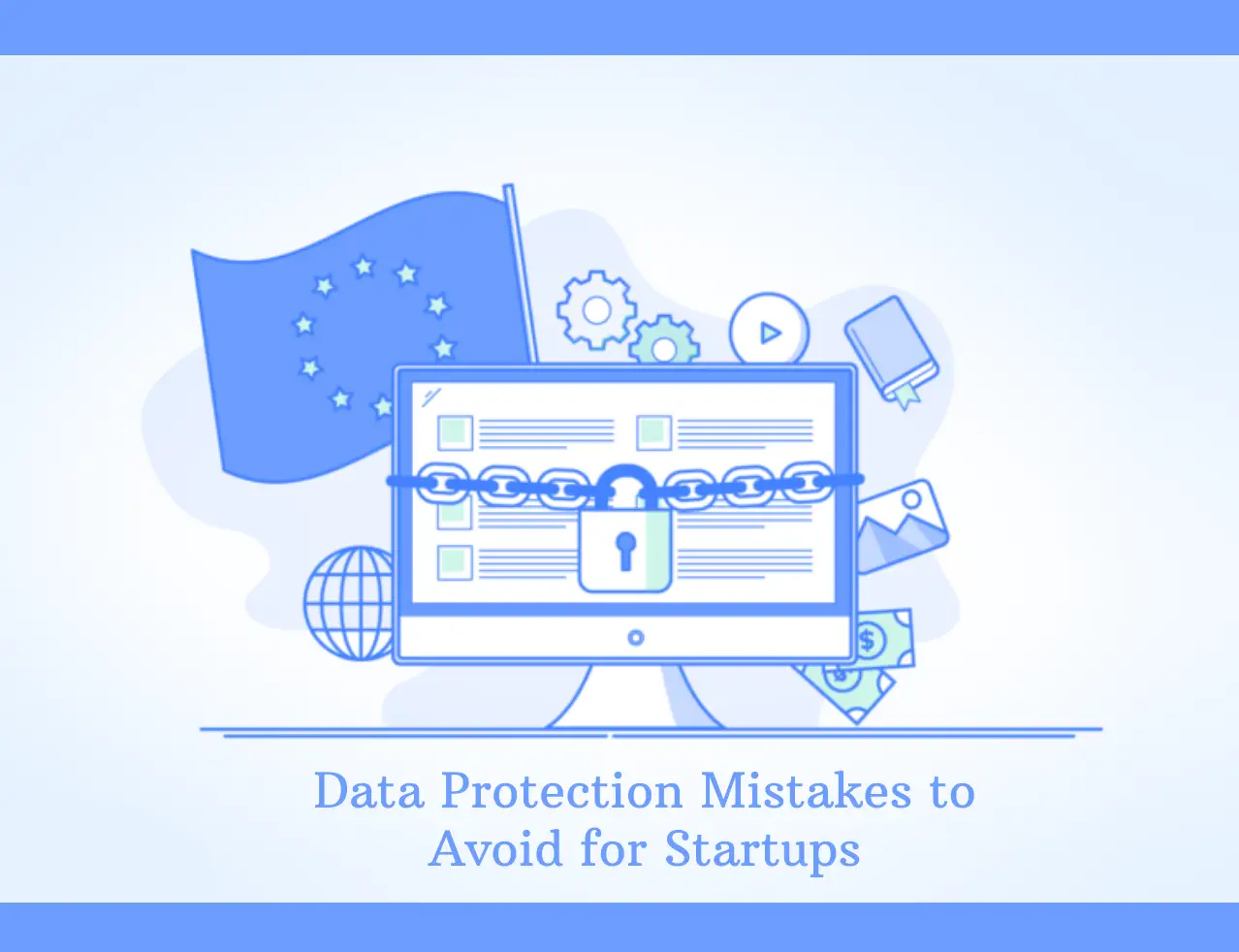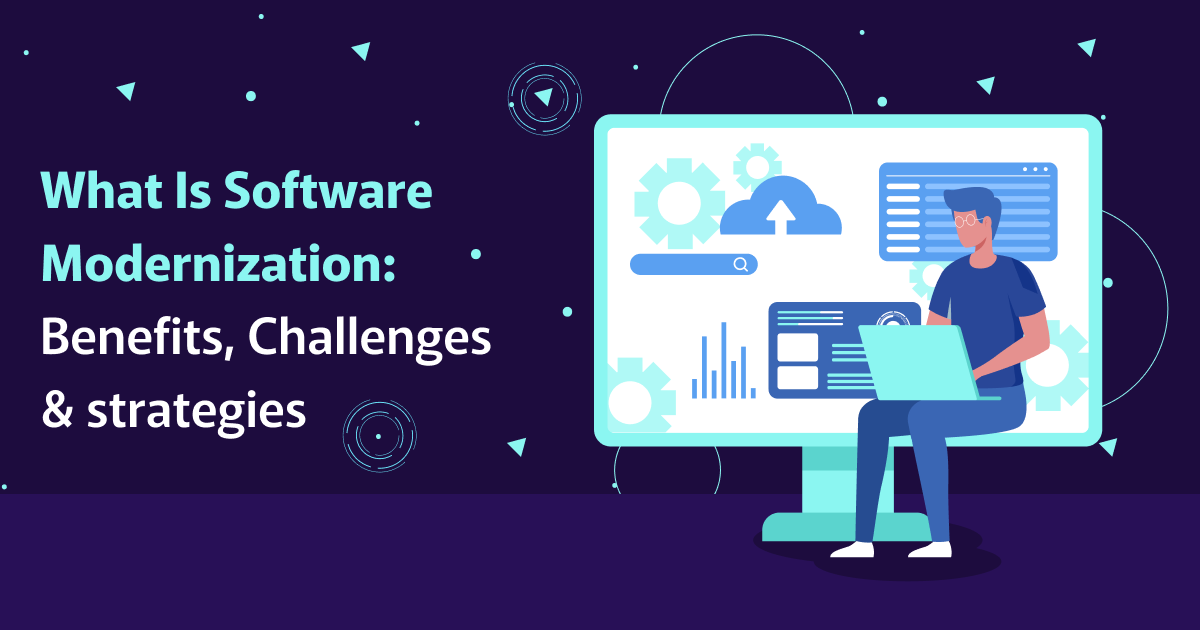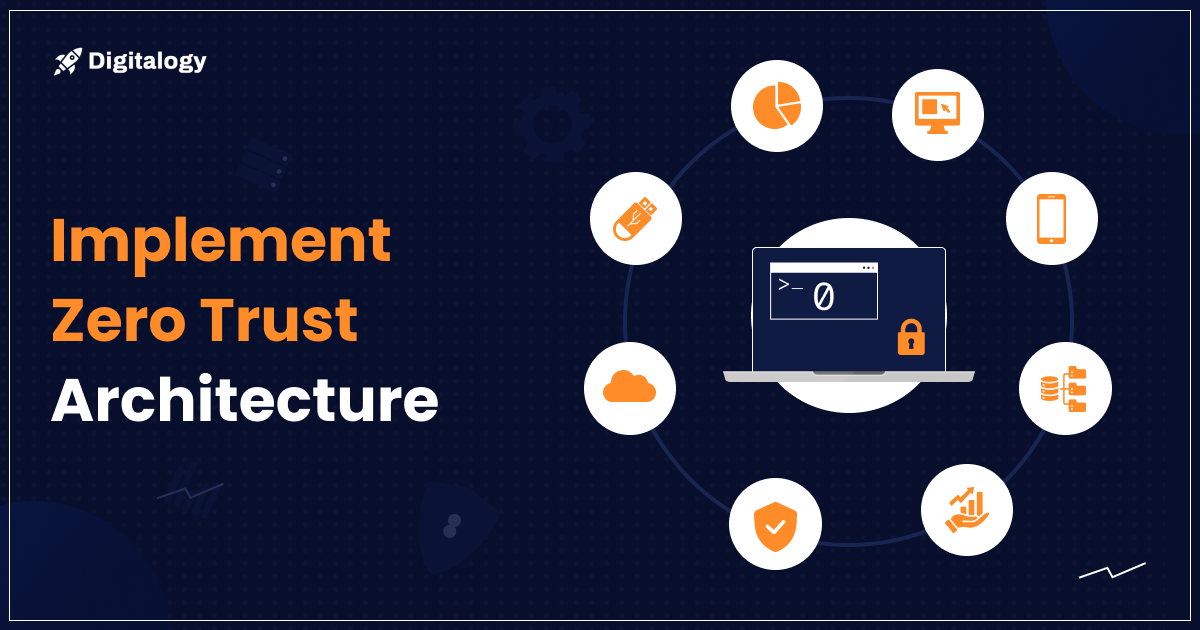Nowadays, so many aspects of our lives are conducted online that it’s become second nature to us, we rarely think about the information we’re sharing and the security risks we’re facing when doing so. This is especially true for businesses that conduct a lot of their transactions online and store a great deal of data on their systems. In particular, small business owners that are operating at 100 miles an hour to get their business off the ground, tend to forget about the importance of data protection. So, if you’re a startup and you haven’t put much thought into your data protection mistakes yet, it’s always a good idea to get a strong system in place right from the very start.
Here is a list of 7 data security mistakes you need to avoid in 2025
- Believing it won’t happen to you is the biggest security mistake you need to avoid
The problem for many startups is that they fall into the trap of thinking that they won’t be targeted by cybercriminals. Just because you don’t have millions of people’s worth of data stored in your systems, it doesn’t mean your data is any less of a target. Cybercriminals rely on small businesses neglecting their security in this way. It makes them easier to hack. So, although it’s not always nice to fear the worst, if you are at least aware that your business could be vulnerable then you can put measures in place to keep it safe.
- Not implementing security measures from the very start
As previously stated, when you’re starting up a business, you’re probably working hard to get things off the ground. This is one of the main reasons that data protection falls by the wayside in the earlier stages. But if you want to protect your business you need to make this a priority early on. Set aside a budget (as big or small as you can manage) to invest in some good security software and give yourself time to get educated about how to protect your data. The recent GDPR legislation means data protection is vital for all businesses, so it helps to get a better understanding of what is expected of you from this standpoint as well.

Once you’re feeling confident in your own knowledge or you’ve set aside enough budget to hire an expert, you need to get the best possible systems in place. Doing this as soon as possible can help you to get to grips with data protection and make it an integral part of your company. It also means you’re less likely to fall victim to cybercrime.
- Not understanding the signs of a data breach or having systems in place to combat this
Some companies have fallen victim to a data breach months, even years, before they’ve noticed, meaning that the hackers have had access to their data for huge lengths of time. As such, being able to spot the signs of a security breach is really important. It also pays to invest in some security systems that are able to flag any suspicious behavior as soon as possible.

By getting clued up on best security protection practices you can learn to spot the signs sooner. For example, frequent pop-ups or suspicious emails from unknown addresses can all be red flags when it comes to breaches. What’s more, any strange activities on accounts can indicate that something isn’t right. If you or a member of your team feel that something is a little off, it’s best to flag it and investigate it before going forward. This can help you to get ahead of any potential threats.
- Having a team that isn’t educated about data protection
As a startup, your workforce might only be small, but your team still needs to be educated on data protection best practices. You could put together a training session yourself or organize a third party to come in and speak to your staff. No matter how small your team is, it’s a good idea to ensure everyone is able to spot the signs of a data breach and is aware of the importance of security. This can help to reduce the risk of human error and means that you’ll be able to handle breaches better should you become a victim of hacking.
- Not using good password policies
Any devices which contain sensitive data need to be password protected. There are some simple steps you can take to ensure you’re implementing a strong password policy in your startup, and you should teach all staff to do the same. Although it may seem obvious, staff need to understand the importance of password protection and that they should not be sharing these with anyone else.
In order to create a strong password, these should be at least eight characters and use a mixture of lowercase and uppercase letters, numbers, and even characters. Changing your passwords regularly is also a good idea. By making your passwords stronger you make it harder for hackers to gain access to your systems and as a result, your data.

- Not having a clear divide between personal and professional devices
Finally, you need to draw a distinct line between your work devices and your personal ones — and your employees should do the same. When you’re starting up you might not have a whole office suite full of computers and sometimes it’s just easier to use what you’ve got instead of purchasing anything new. But this can have damaging consequences. Instead, you should ensure you have a dedicated work laptop, phone, tablet, or whatever device you prefer to use.
This is because you need to keep your work devices safe and we tend to be more relaxed with our personal ones. What’s more, you might have members of your family that access your personal laptop or phone and therefore know your password, this could lead to unauthorized access or sharing of sensitive data — even if it was an accident. What’s more, you might be more relaxed about connecting personal devices to unsecured networks.
All of this comes with potential security risks. As such, it’s good practice to have a separate, password-protected laptop, phone, or tablet for work, so you know that there is no crossover and your data can’t potentially end up in the wrong hands.
Read Recent Article Here –
Hire Flutter Developers | Flutter App Development Company







